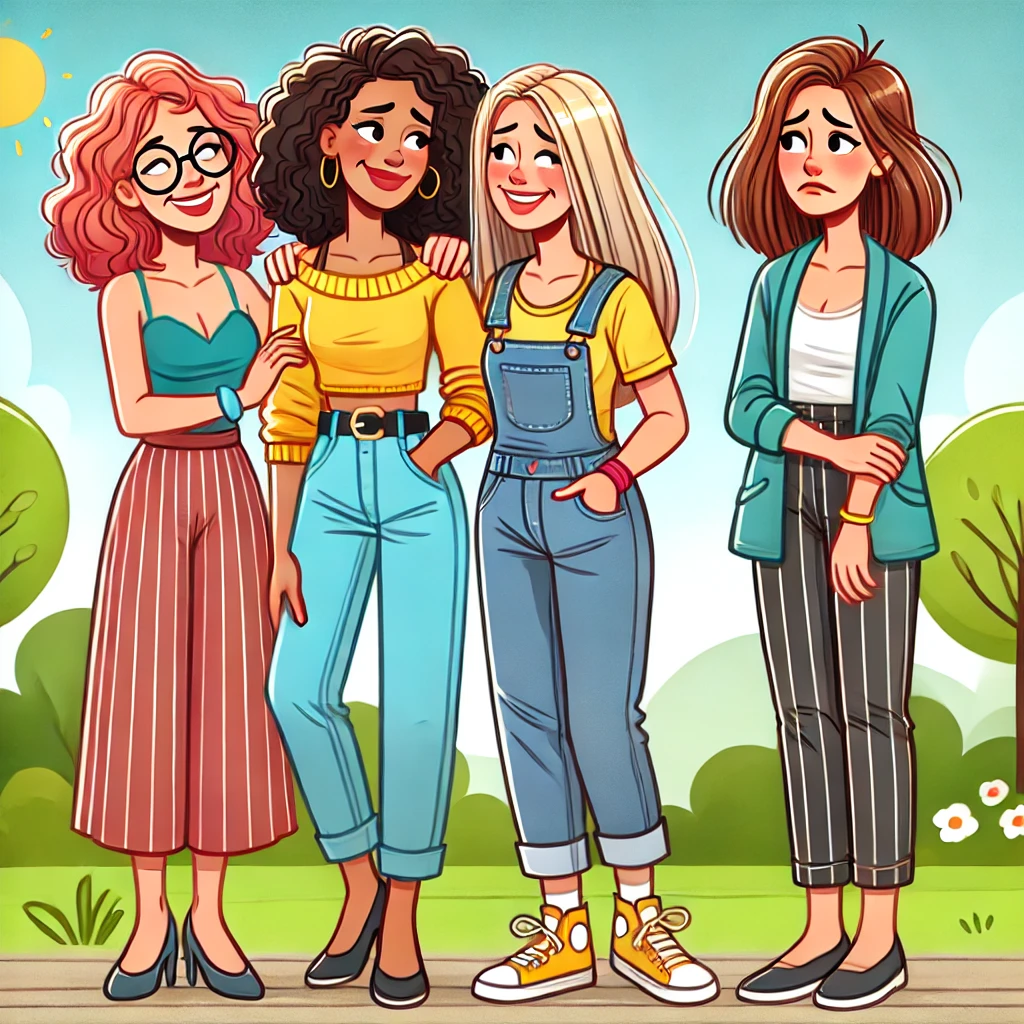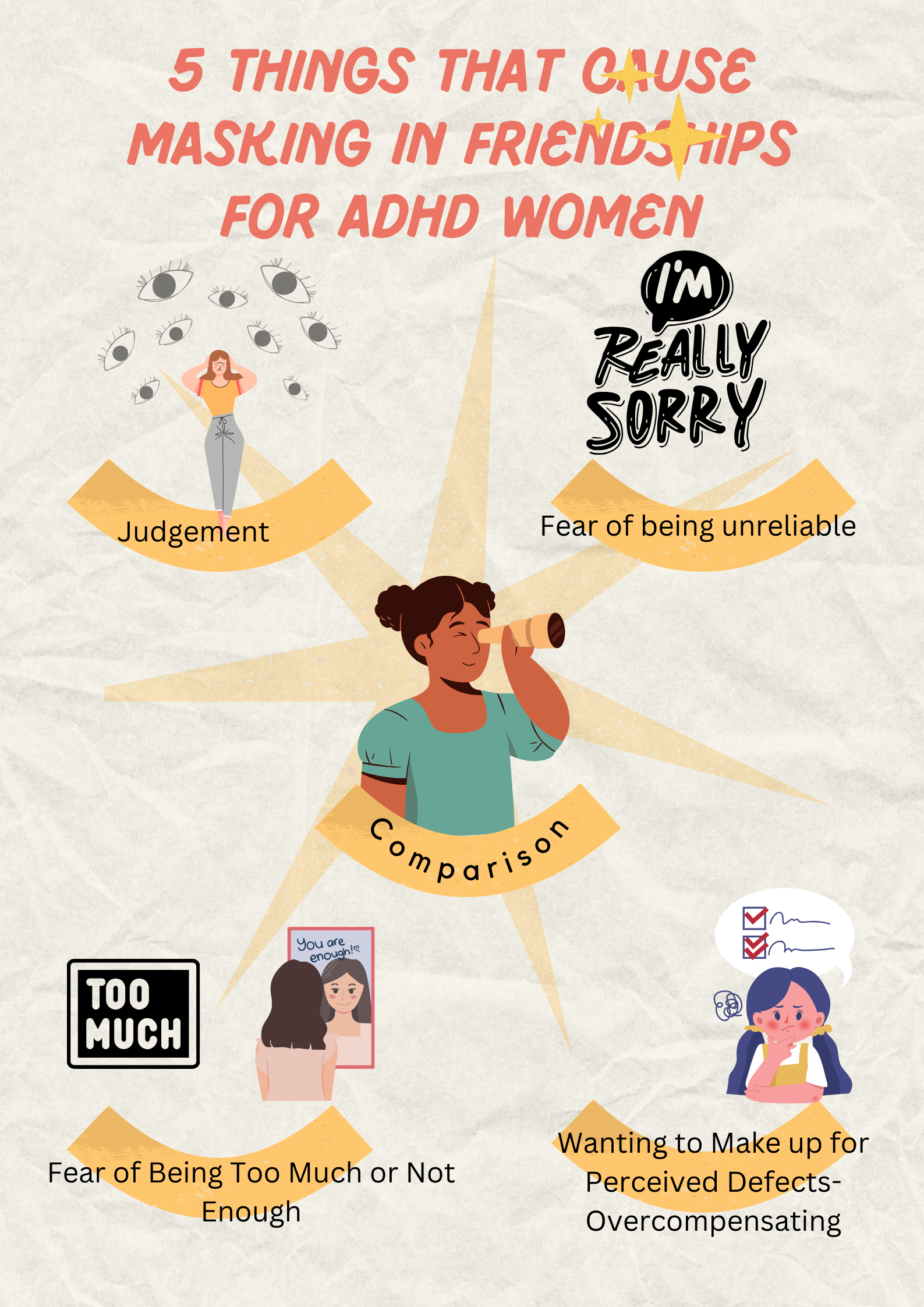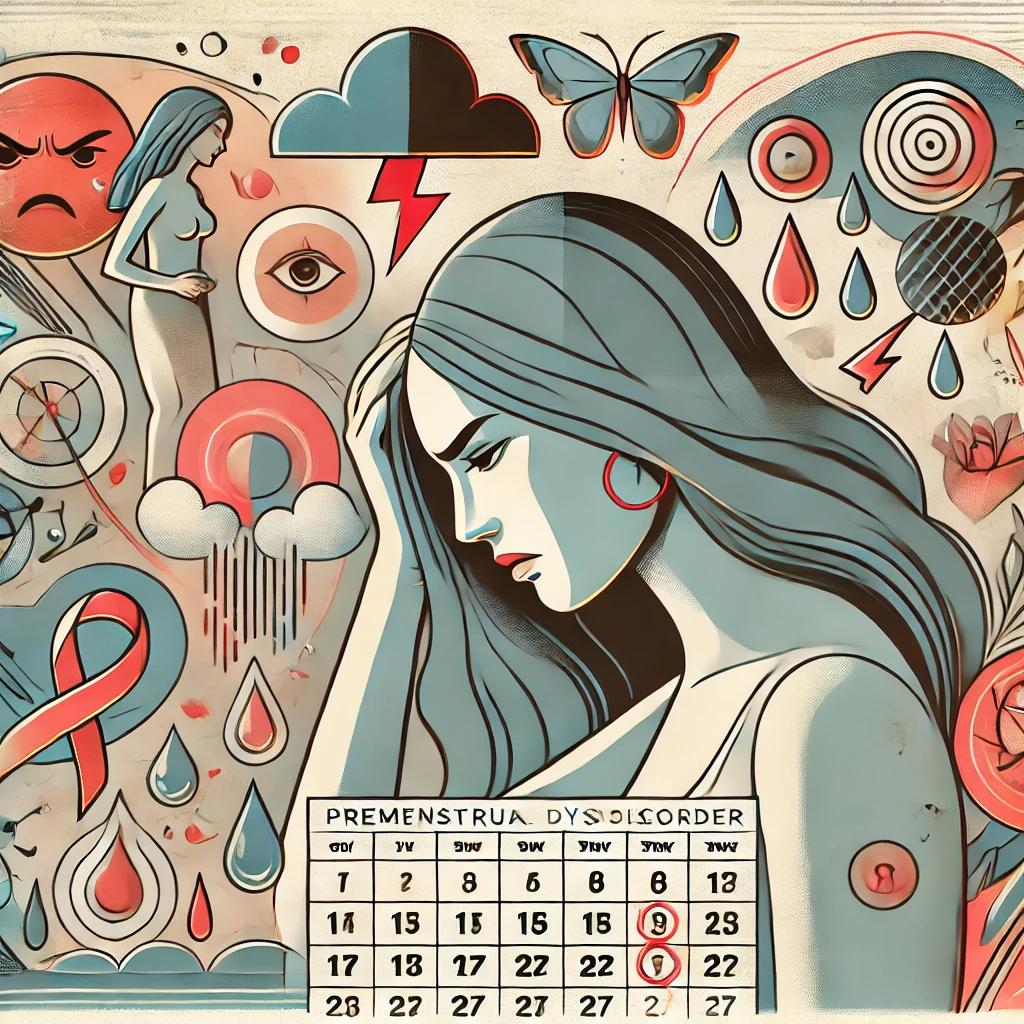How ADHD Impacts Women’s Friendships: Breaking the Cycle of Shame and Masking
 5 Reasons ADHD Women Mask in Friendships (and How to Unmask)
5 Reasons ADHD Women Mask in Friendships (and How to Unmask)
By Kristen McClure, MSW LCSW | October 10, 2024
#ADHD #Friendships #Masking
Introduction: Why Masking Shows Up in Friendships
Friendships can be a beautiful part of life, but if you’re an ADHD woman, they can also feel complicated. Even with close friends, there’s often pressure to appear “put together” or “easy to be around.” That’s where masking comes in.
Masking in friendships means hiding ADHD traits—like impulsiveness, forgetfulness, or the need for downtime—to avoid judgment or to keep the peace. But while masking might feel necessary, it often leads to exhaustion and disconnection.
Let’s break down five common reasons ADHD women mask in friendships and how to start showing up more authentically.
1. Fear of Being Perceived as Unreliable
ADHD makes it tough to remember dates, respond to texts quickly, or follow through on plans. Over time, this can make you feel like a “bad friend,” even when your intentions are good. To avoid being seen as unreliable, many ADHD women mask by over-promising, over-committing, or simply pretending they’ve got it all together.
Example: You agree to help a friend move, even though you’re already overwhelmed. You want to be dependable, but masking your limits leads to burnout—and possibly dropping the ball anyway.
➡️ Unmasking Tip: Practice being honest about your limits. Saying, “I’d love to help, but I might need a reminder closer to the day,” keeps the connection while honoring your needs.
2. Comparing Yourself to Friends Who “Have It All Together”
It can feel like everyone else is effortlessly managing friendships—remembering birthdays, organizing get-togethers, and staying on top of life. For ADHD women, even simple social tasks can feel like climbing a mountain. This comparison often leads to masking in an attempt to appear more “together” than you feel.
Example: You mirror how organized your friend is, even though your natural way of doing things is more chaotic. You feel like you’re “faking it” just to keep up.
➡️ Unmasking Tip: Remind yourself that no one sees the full picture. ADHD might make some tasks harder, but that doesn’t mean you’re failing as a friend.
3. Fear of Being “Too Much” or “Not Enough”
ADHD can affect how you communicate—sometimes you talk a mile a minute, interrupt, or share deeply personal thoughts too soon. Other times, you might struggle to stay engaged, missing parts of the conversation. The fear of being too intense (or not present enough) causes many ADHD women to mask by carefully curating how they show up socially.
Example: After spending time with friends, you replay the conversations, wondering if you overshared or talked too much. You mentally edit your personality, masking parts of who you are next time.
➡️ Unmasking Tip: Notice when you feel the urge to “dial yourself down.” Remind yourself that the right friends will appreciate your enthusiasm, not see it as a flaw.
4. Fear of Rejection or Judgment
Many ADHD women mask to protect themselves from rejection. Whether it’s forgetting plans, needing more downtime, or struggling to keep up with texts, there’s often a fear that letting these parts show will push people away. This can lead to pretending everything’s fine—even when it’s not.
Example: You cancel plans because you’re overwhelmed but tell your friend you have a work commitment instead. It feels easier to mask than to admit you need rest.
➡️ Unmasking Tip: Practice small moments of honesty. A simple, “I’m feeling overwhelmed today—can we reschedule?” builds trust and helps you connect more authentically.
5. Pressure to Be the “Perfect” Friend
ADHD women often feel they need to compensate for their perceived flaws by being the “perfect” friend—always available, always supportive, always saying yes. Masking shows up as over-functioning, even at the cost of your mental health.
Example: You take on emotional labor for your friends, checking in constantly or being the “fixer” in the group, even if it leaves you drained.
➡️ Unmasking Tip: Reflect on whether you’re saying yes to avoid guilt or rejection. Friendships thrive on balance—your needs matter, too.

Reflection: What’s Driving Your Masking?
Take a moment to reflect:
- When do you feel most like you’re masking in friendships?
- What would it feel like to share your authentic experience with a trusted friend?
- How can you begin to unmask in small, safe ways?
Building Friendships Where You Can Unmask
The strongest friendships are built in spaces where you feel safe to show up as your full, unmasked self. By focusing on relationships that accept and celebrate you—ADHD and all—you’ll feel less pressure to hide parts of who you are.
3 Ways to Nurture Authentic Friendships
- Focus on Safe Relationships
- Identify friends who respond with empathy and patience when you share your ADHD challenges.
- Communicate Your Needs
- Let friends know what helps. “I might forget to text back right away, but I appreciate reminders!”
- Set Boundaries
- Give yourself permission to step back from friendships that require constant masking or emotional labor.
Conclusion: Real Friends Accept the Real You
Friendships shouldn’t feel like performances. Masking might help you avoid judgment, but the people who truly matter will appreciate you—unmasked, imperfect, and real.
Take the first step by reflecting on where masking shows up in your friendships. Start small, and remember: you deserve friendships where you can be fully seen and valued.
Next Steps
Curious about how masking shows up in other areas of life? Check out Unveiling the Invisible: Recognizing ADHD in High-Masking Women.
Curious about how ADHD masking shows up in other areas of life? Read Recognizing ADHD in High-Masking Women.





